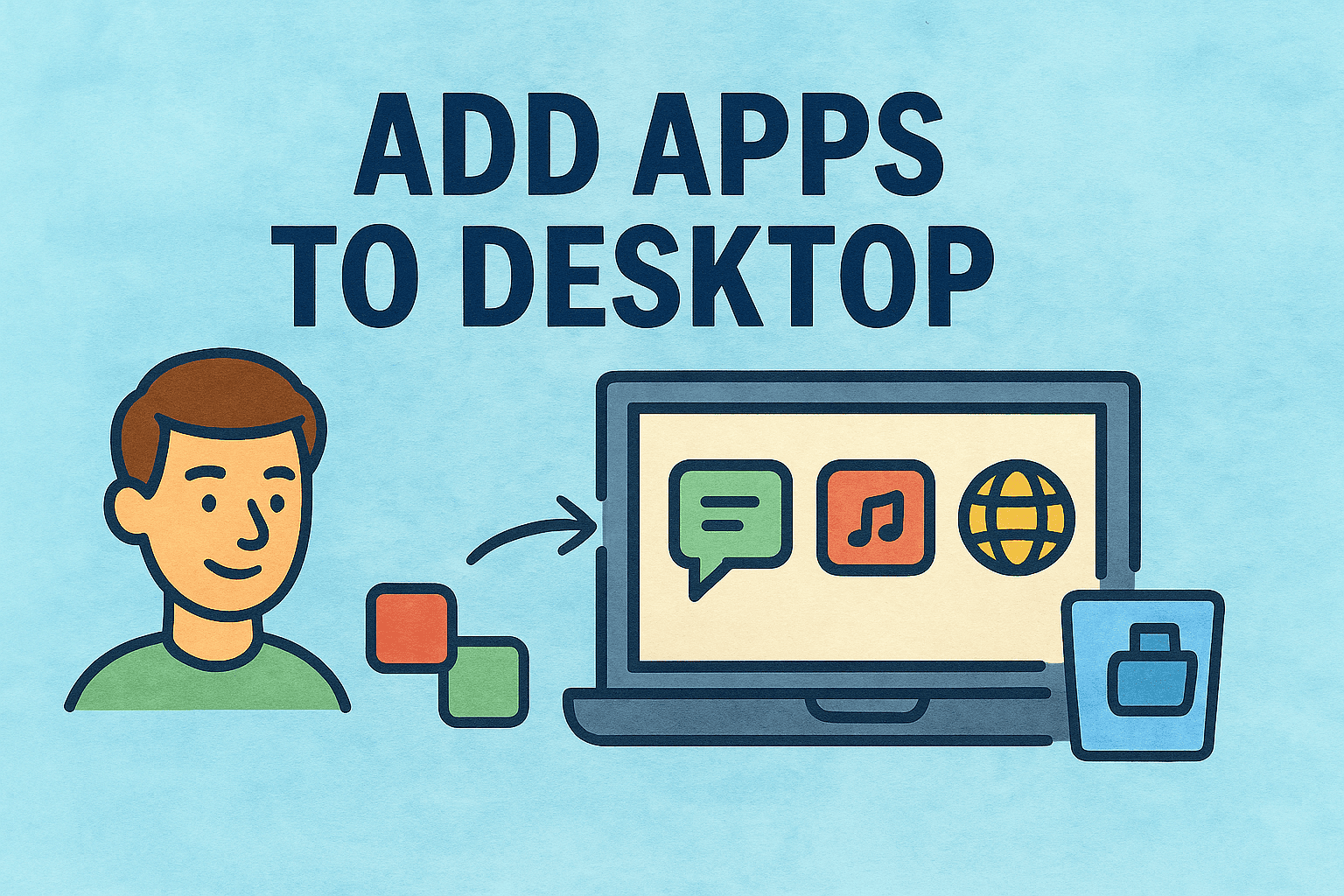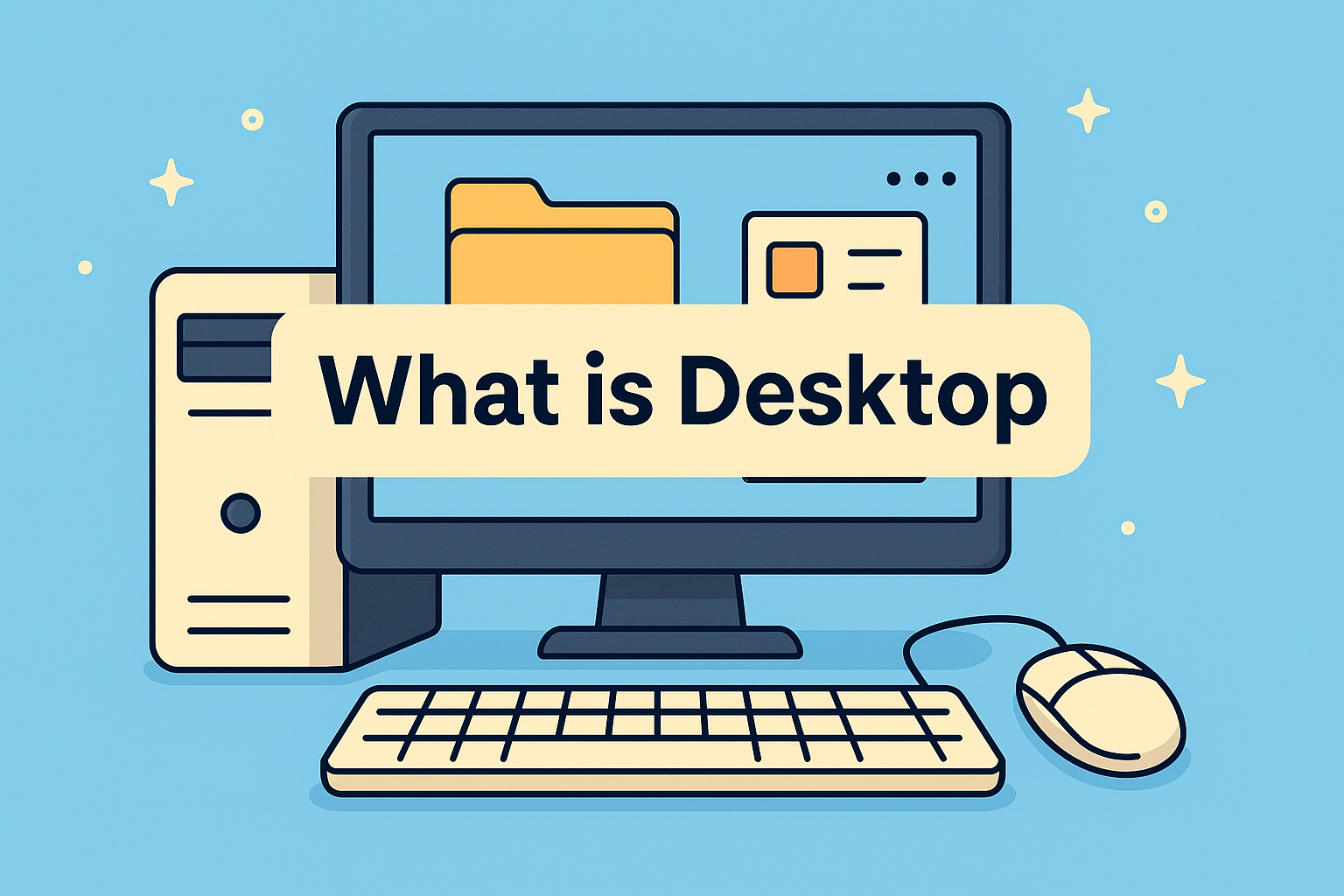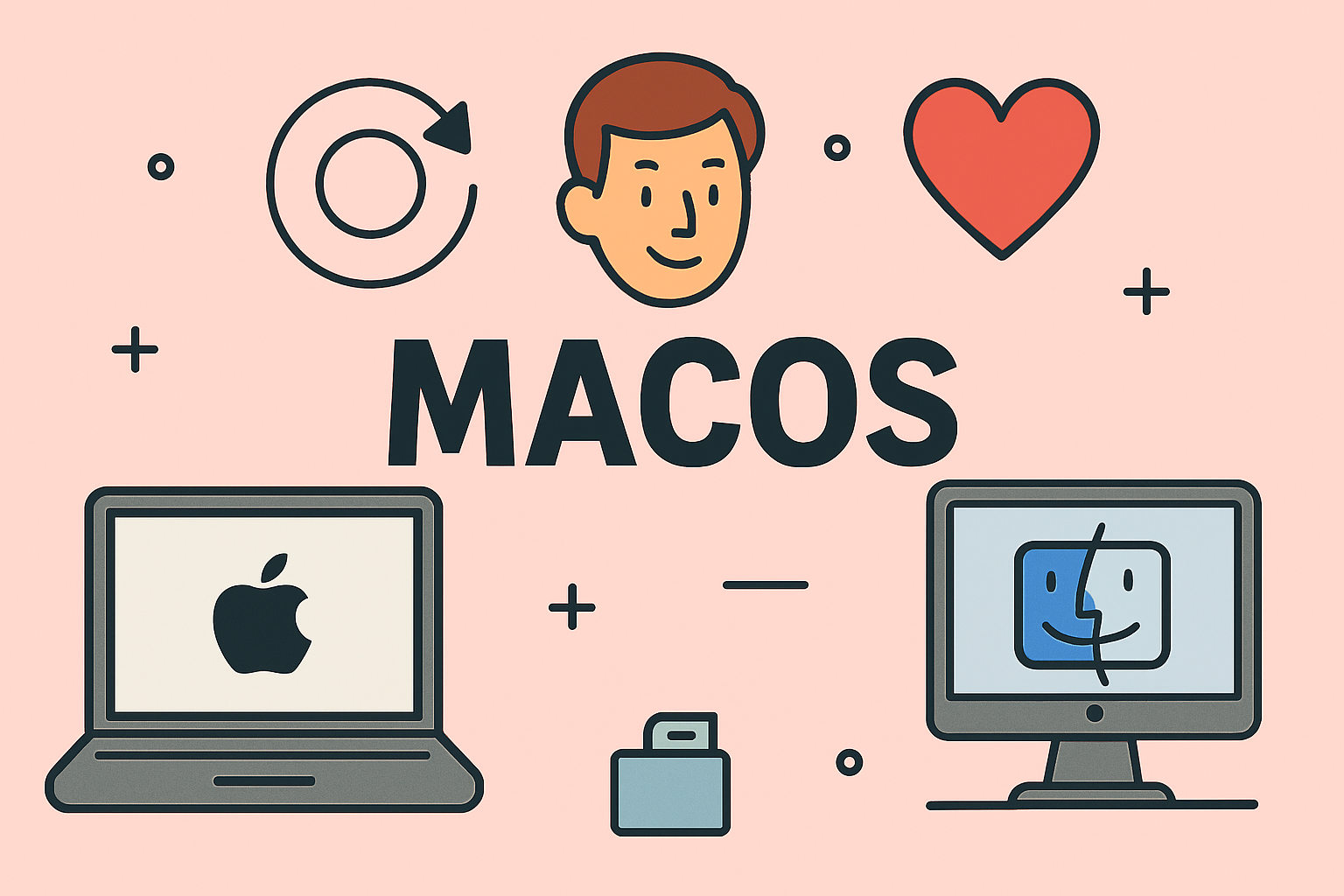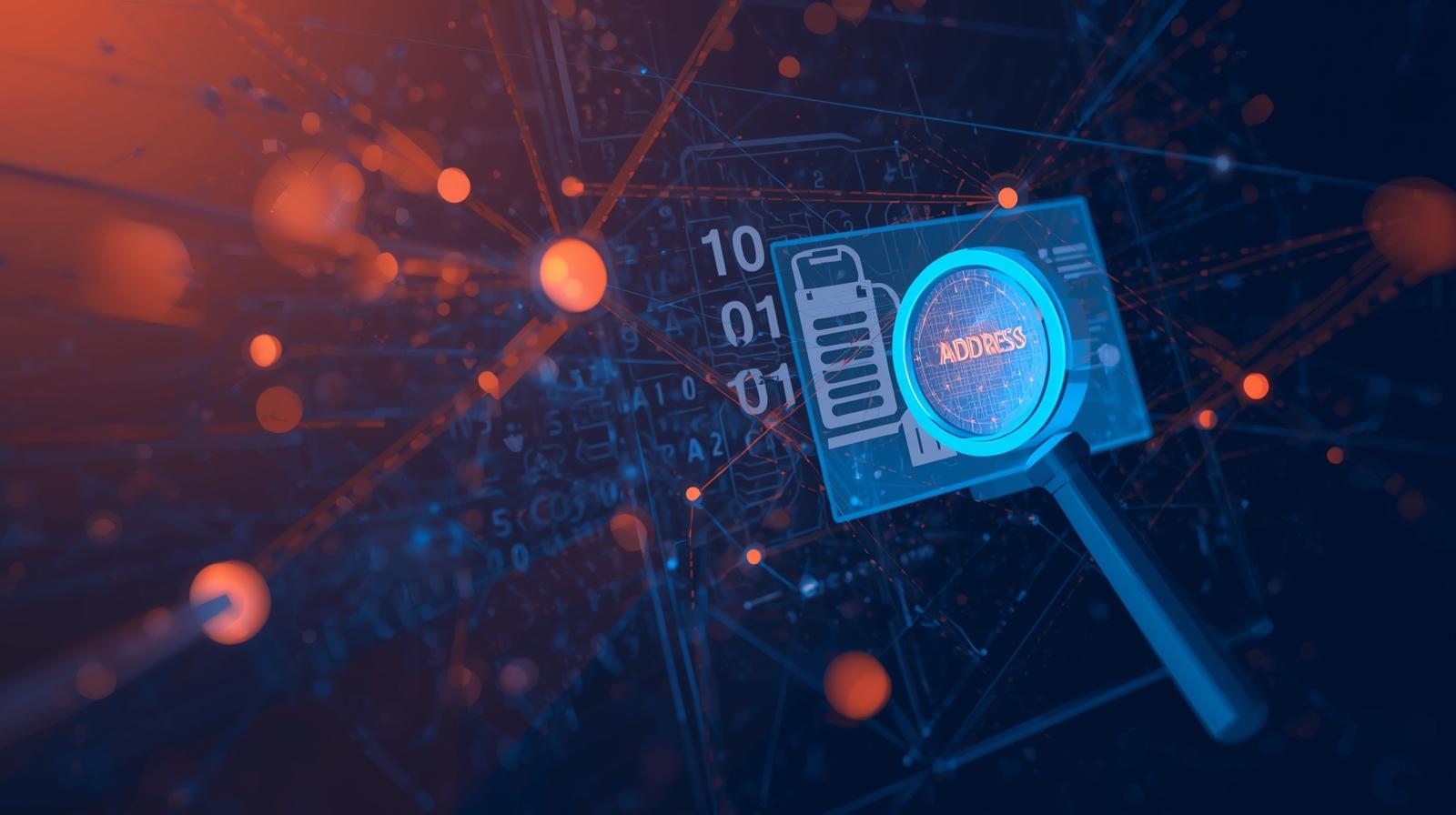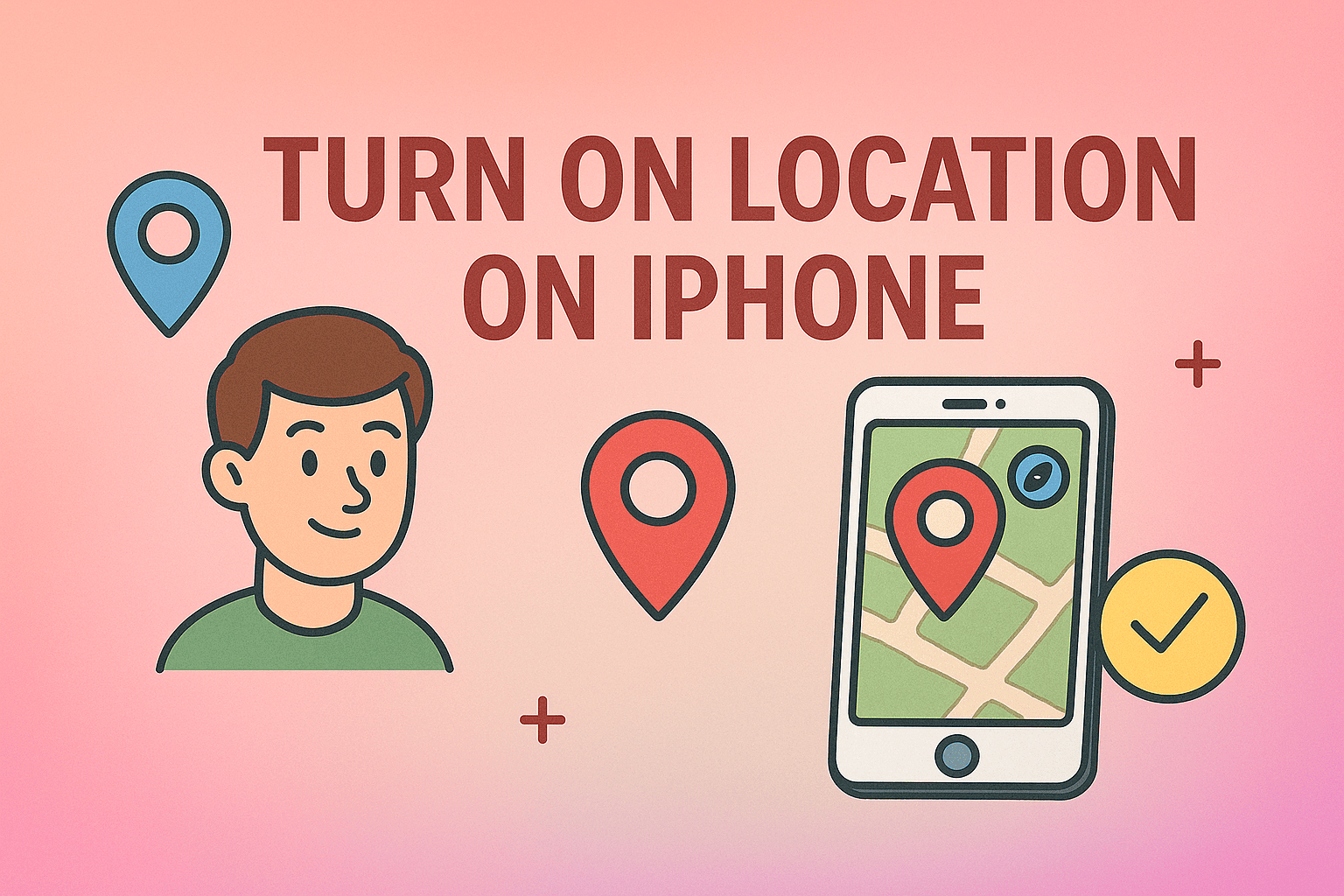Introduction: Are You Choosing the Right Tech Path?
Updated on June 3, 2025, by ITarian
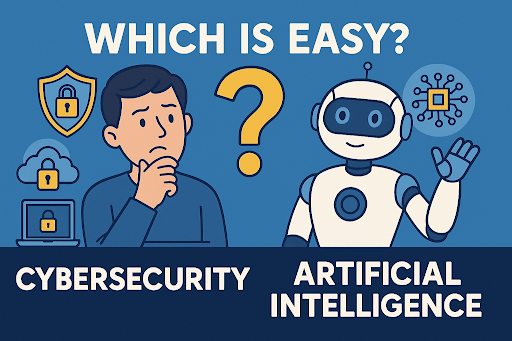
In the world of tech, two fields stand out for their impact and complexity: cybersecurity and artificial intelligence (AI). Whether you’re a student, a professional pivoting your career, or a business leader exploring future investments, you’ve probably wondered, which is easier—cybersecurity or artificial intelligence?
Each domain holds immense potential, but they differ in skill sets, learning curves, and real-world applications. This article breaks down the pros, cons, and challenges of each to help you decide where to focus.
Understanding Cybersecurity
What is Cybersecurity?
Cybersecurity involves protecting systems, networks, and programs from digital attacks. These attacks aim to access, change, or destroy sensitive information, interrupt operations, or extort money.
Key Roles in Cybersecurity:
- Security Analyst
- Ethical Hacker / Pen Tester
- Security Engineer
- SOC Analyst
- CISO (Chief Information Security Officer)
Core Skills:
- Networking & systems knowledge
- Threat analysis & incident response
- Security frameworks (e.g., NIST, ISO 27001)
- Risk management
- Scripting (e.g., Python, PowerShell)
Cybersecurity focuses heavily on prevention, detection, and response, requiring both technical and analytical skills.
Understanding Artificial Intelligence
What is Artificial Intelligence?
AI refers to the simulation of human intelligence in machines. These systems are designed to perform tasks such as learning, reasoning, and self-correction.
Key Roles in AI:
- Machine Learning Engineer
- Data Scientist
- AI Researcher
- NLP Engineer
- Robotics Engineer
Core Skills:
- Mathematics (linear algebra, calculus, statistics)
- Programming (Python, R)
- Data handling & preprocessing
- Algorithms and model development
- Deep learning frameworks (TensorFlow, PyTorch)
AI is deeply rooted in data science and mathematical theory, making it a more academically intensive path.
Which is Easier: Cybersecurity or Artificial Intelligence?
There’s no one-size-fits-all answer. However, here’s a breakdown based on different factors.
1. Learning Curve
- Cybersecurity: Easier for those with a background in networking or IT. Certifications like CompTIA Security+ and CEH offer structured entry paths.
- AI: Requires strong foundations in math and programming. It’s more abstract and concept-heavy.
2. Accessibility
- Cybersecurity: More beginner-friendly. Online labs, CTFs (capture the flag), and community platforms make hands-on practice easier.
- AI: Tools and platforms exist, but real projects require significant computing resources and large datasets.
3. Career Opportunities
- Cybersecurity: Growing demand across industries due to rising cyberattacks. Easy to enter with certifications.
- AI: High-paying roles, but often require advanced degrees or research experience.
4. Pace of Innovation
- Cybersecurity: Rapidly evolving due to threat landscape, but core principles remain stable.
- AI: Extremely fast-paced and research-driven. Staying updated is a must.
In summary, cybersecurity is easier to get into, while artificial intelligence is more complex but potentially more rewarding long term.
The Intersection: AI and Cybersecurity
How AI is Used in Cybersecurity
The fusion of AI and cybersecurity has created intelligent tools that:
- Detect anomalies in network traffic
- Automate malware detection
- Predict potential attack vectors
- Assist in threat hunting
Examples include:
- Darktrace: Uses AI for network threat detection
- CrowdStrike: Integrates machine learning for endpoint protection
Cybersecurity for AI Systems
As AI becomes more mainstream, it also becomes a target. Protecting AI models and training data is now a critical concern. This includes:
- Securing APIs
- Defending against data poisoning
- Ensuring ethical and unbiased use
Learning Paths: Which Should You Choose?
If You’re a Beginner:
- Start with cybersecurity if you’re interested in protecting systems, ethical hacking, and forensics.
- Start with AI if you enjoy working with data, solving complex algorithms, and exploring automation.
If You Want Quick Job Readiness:
- Cybersecurity offers faster job entry through certifications and bootcamps.
If You Want Research-Oriented Roles:
- AI is your field—expect to dive into academia, data science, and experimental modeling.
Tools & Resources
For Cybersecurity:
- TryHackMe and Hack The Box
- Certifications: Security+, CISSP, OSCP
- Platforms: Splunk, Wireshark, Metasploit
For Artificial Intelligence:
- Kaggle, Google Colab, Jupyter Notebooks
- Certifications: Google AI, IBM AI Engineering
- Tools: TensorFlow, PyTorch, scikit-learn
Common Myths Debunked
“AI is too hard to learn.”
Truth: It’s challenging but approachable with the right guidance and patience.
“Cybersecurity is all about hacking.”
Truth: It involves policy, compliance, architecture, and user education too.
“You must have a PhD to work in AI.”
Truth: While many roles are research-heavy, applied AI jobs exist for those with strong skills and portfolios.
FAQs
Q1: Which is more in demand, cybersecurity or AI?
Both are in high demand, but cybersecurity has broader applications across industries due to mandatory compliance requirements.
Q2: Can I learn both simultaneously?
Yes, but focus on one as your primary and the other as a complementary skillset. AI is increasingly being used within cybersecurity platforms.
Q3: Which has a higher salary ceiling?
AI roles, especially in research or data science, tend to have higher ceilings. However, senior cybersecurity roles also command strong compensation.
Q4: Do I need a degree to get into either field?
Not necessarily. Cybersecurity can be entered through certifications. AI may benefit from formal education, especially for advanced roles.
Q5: Are there overlaps between the two fields?
Absolutely. Artificial intelligence and cybersecurity now work hand-in-hand to build predictive, adaptive security solutions.
Final Thoughts: Choose Based on Passion, Not Perception
So, which is easier—cybersecurity or artificial intelligence? Cybersecurity is often more accessible and easier to start, while AI is more complex but deeply rewarding. The good news? You don’t have to choose forever. With the convergence of AI and cybersecurity, you can build a future-proof skill set that leverages both.
Take the first step—Sign up with Itarian to explore tools that integrate AI-powered cybersecurity and get ahead in both domains.



